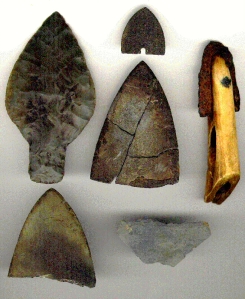Recent research indicates that we may actually get better with age… in some ways, anyway. Although increases in age are associated with physiological decline, it looks as if emotional resilience and a positive self-image help to keep us young and happy. Here’s a link to the news article:
http://www.biosciencetechnology.com/news/2012/12/paradox-aging-older-we-get-better-we-feel
And a link to the primary research:
http://ajp.psychiatryonline.org/article.aspx?articleid=1478351
DNA Methylation Declines with Age | The Scientist.
DNA methylation is one method by which the expression of our genes (how much protein our genes make and when) can be changed within mere minutes. With age, our genes make proteins less reliably – they’re produced (or not) at inappropriate times or at inappropriate levels. Some researchers think this phenomenon can lead to age-related disease. This article in The Scientist gives an update on the status of research on why and how this wide-scale gene dysregulation happens, and how it relates to the aging process.
A nice article on an excellent complimentary approach to “traditional” aging research. Instead of focusing on what goes wrong in Early-Agers, let’s focus on them, AND on what is different from normal in Super-Agers!
We all know that nutrition is important to our health, but it’s when we see articles like this recently published one, “Blueberry extract prolongs lifespan in Drosophila melanogaster,” or this slightly older one, “Concord grape juice supplementation improves memory function in older adults with mild cognitive impairment” that we are reminded of just how literal and direct the positive results of a healthy diet rich in fruits and vegetables can be.
… and it’s all because of stone harpoon points found embedded in the whales’ bodies. Amazing story…
Popular Science Articles:
http://www2.gi.alaska.edu/ScienceForum/ASF15/1529.html
http://www.dailymail.co.uk/news/article-461703/Whale-survives-harpoon-attack-130-years-ago-worlds-oldest-mammal.html
Photo credit: Craig George and Alaska Eskimo Whaling Commission
Some of the science behind the reports (let me know if you can’t access the paper):
http://www.nrcresearchpress.com/doi/pdf/10.1139/z99-015
Dissecting the Evolution of Aging and Stress Response

You must be logged in to post a comment.